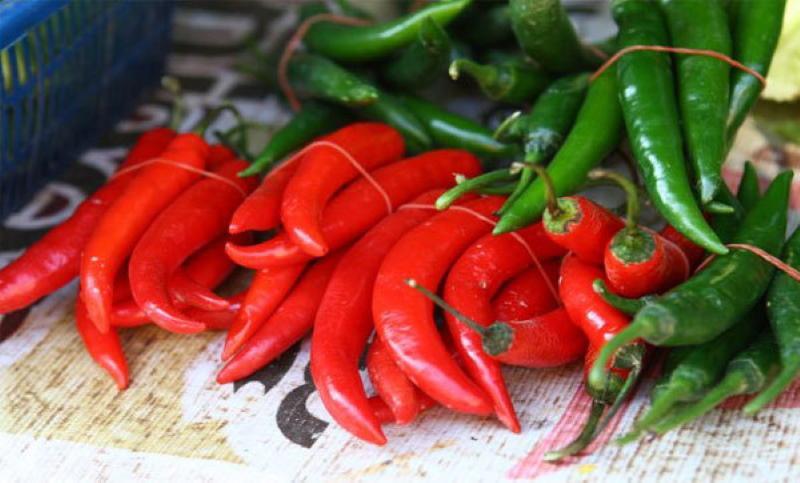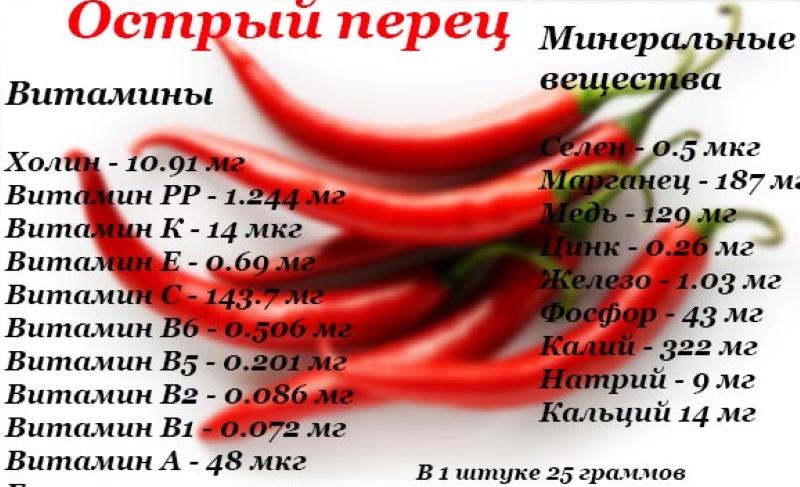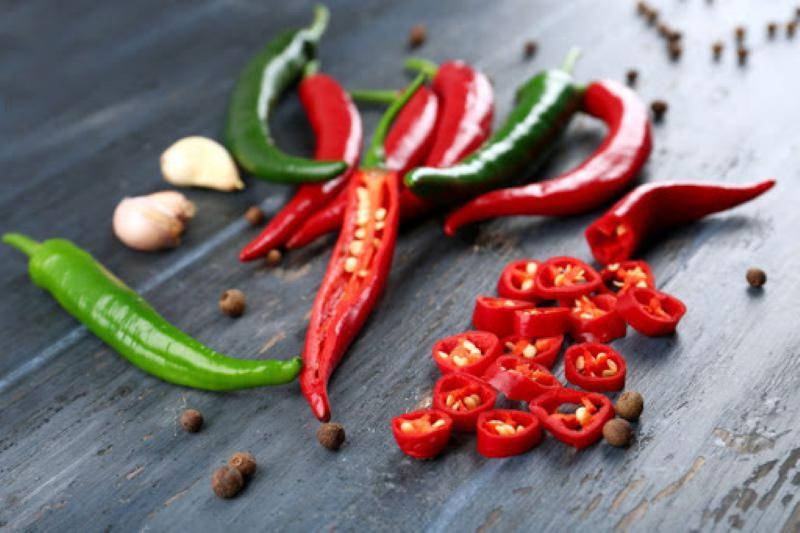Both a spice and a medicinal plant - bitter pepper, the benefits and harms of spicy fruits
 Its aroma involuntarily causes tears in your eyes, and you immediately want to seize the burning taste with something. This is hot, or as it is also called, bitter pepper, the benefits and harms of which are still vigorously discussed. Some believe that a piece of peppercorn or a pinch of dry pepper stimulates the appetite and will only have a positive effect on the body. Others insist that everything spicy causes us only harm and, above all, our stomach. Who is right among them?
Its aroma involuntarily causes tears in your eyes, and you immediately want to seize the burning taste with something. This is hot, or as it is also called, bitter pepper, the benefits and harms of which are still vigorously discussed. Some believe that a piece of peppercorn or a pinch of dry pepper stimulates the appetite and will only have a positive effect on the body. Others insist that everything spicy causes us only harm and, above all, our stomach. Who is right among them?
Bitter pepper - the benefits and harms of a spicy spice

The hottest part of the pepper fruit is the inner septa and seeds. Therefore, it is recommended to remove them both for fresh consumption and for making sauces in order to soften the pungency. But for the use of pepper for medicinal purposes, it is better to leave it. Then tinctures and other products will be more concentrated and effective.
What is hot pepper useful for and how it affects the human body
 Most often, hot pepper is used in the kitchen as a seasoning, and it is also used to make warming tinctures and rubbing. Mainly thanks to capsaicin, this culture has a positive effect on the functioning of many of our organs, namely:
Most often, hot pepper is used in the kitchen as a seasoning, and it is also used to make warming tinctures and rubbing. Mainly thanks to capsaicin, this culture has a positive effect on the functioning of many of our organs, namely:
- improves digestion and assimilation of nutrients from other products;
- bacteria are destroyed, especially those that cause ulcers;
- liver tissue is restored;
- bile is excreted;
- blood pressure decreases;
- toxins are removed and fat cells are broken down;
- sweating increases.
In addition, when used externally, pepper-based products warm, relieve inflammation and itching. The main indications for the use of pepper plaster, compresses and rubbing are joint diseases and neurology.
Caution - contraindications to the use of bitter pepper
 Opponents Chile are right only in one thing - if you use hot peppers, then only in limited quantities. In small doses, it is useful, but if you crunch the fruits like cucumbers, then capsaicin is addictive. This applies to the culinary area.
Opponents Chile are right only in one thing - if you use hot peppers, then only in limited quantities. In small doses, it is useful, but if you crunch the fruits like cucumbers, then capsaicin is addictive. This applies to the culinary area.
In folk medicine, it is also impossible to abuse a vegetable, and in some cases pepper is completely contraindicated. First of all, this applies to those who already have stomach problems in the form of gastritis and ulcers. Pepper will only irritate the mucous membranes even more and aggravate the disease. It is not recommended to eat it during menstruation, as well as for pregnant women.In the first case, pain increases due to spasms arising from irritation of the abdominal cavity. During pregnancy, the pepper provokes heartburn.